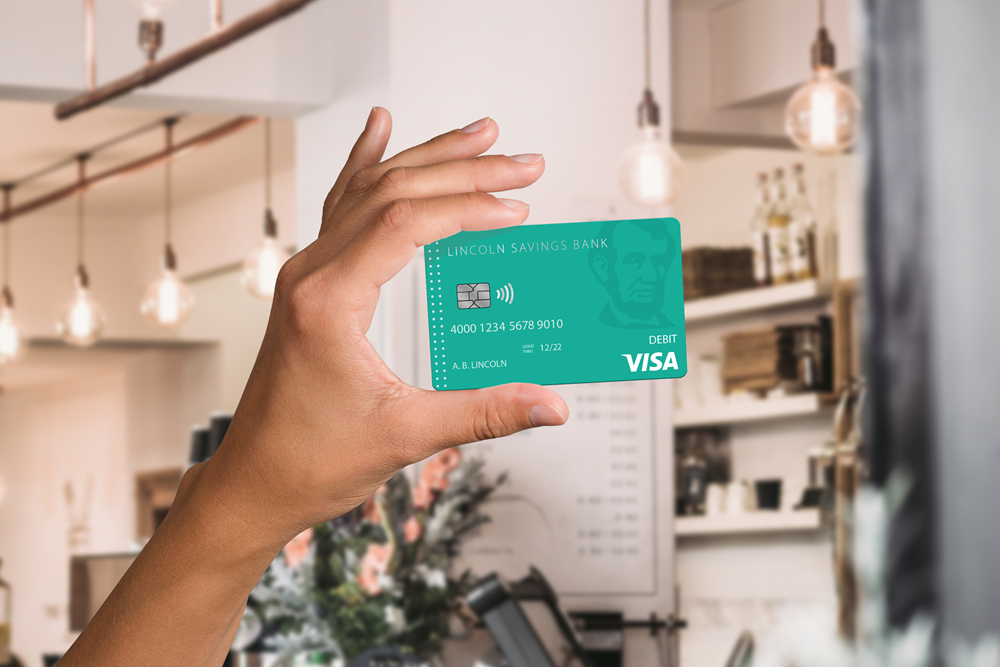
To obtain a Small Business Administration (SBA) loan, a personal guarantee is required from anyone who owns more than 20% of the business. This often generates questions from small business owners, so in this article, we’ll look more closely at the personal guarantee requirement. But first, let’s take a look at why a small business owner would want an SBA loan in the first place.
SBA loans can be one of the most beneficial forms of financing for small business owners. They offer reasonable fixed interest rates, longer terms, and have lower collateral and down payment requirements. The favorable terms can help business owners retain more cash and better manage financial cycles. The eligibility criteria for SBA loans is broad, and most types of businesses qualify.
The Bank, the SBA, and You
SBA loans differ from conventional business loans in that there are three parties involved: the bank, the SBA and the borrower (that’s you!). Each party has different responsibilities.
With an SBA loan such as an SBA 7(a) loan, the SBA does not actually lend money directly to a business. Instead, a private lender, such as a bank, makes the loan and the SBA offers the lender a “guarantee” of 75-90% of the loan amount.
The bank evaluates the borrower’s financial statements (or business plan for new businesses) and determines, in accordance with the bank’s loan policy, if the bank is willing to extend business credit with the help of an SBA guarantee. If so, the loan is underwritten according to SBA guidelines and submitted to the SBA for approval. If the SBA approves the loan, they are making a commitment to help the lender recover the guaranteed portion in the case the borrower defaults.
The borrower’s responsibility is to repay the loan with on-time monthly installments, just as with any other type of loan. A “loan guarantee” does not mean a borrower does not have to repay the guaranteed portion if the business is not successful! To help ensure an SBA loan is repaid, a personal guarantee is required from all who own 20% or more of the business.
Why is a Personal Guarantee Required?
The SBA loan personal guarantee means a small business borrower is making an agreement authorizing the bank to use their personal assets to repay the SBA loan if the business is unable to make loan payments. It is considered an “unlimited guarantee,” which means the bank can liquidate the personal assets of borrowers until the balance of the loan is repaid. The personal guarantee is made to the bank, not the SBA, because the bank provides the funds.
But, the personal guarantee is required by the SBA for anyone who owns 20% or more of the business because the SBA has interests to protect as well. If it has to pay out the guarantee on a large number of loans, the agency’s funds will soon be depleted and it will be unable to continue helping small businesses. The personal guarantee is a form of protection for both the bank and the SBA to help ensure that businesses do not obtain an SBA loan without the intention to repay.
It’s important to note that personal guarantees are not unique to SBA loans. Most loans require that borrowers pledge collateral or other assets to help ensure they are repaid. Though the personal guarantee should be taken seriously, it should not unnecessarily frighten prospective borrowers or be considered unusual. It is a standard part of good lending practices that help protect the financial system.
After questions about the personal guarantee are answered, most small business borrowers find the benefits offered by an SBA loan make it the best small business financing option. Always work with an experienced SBA lender like LSB that can provide knowledgeable support and guidance!
Are you thinking about an SBA loan for your business? Contact our experienced small business lending team for more information about SBA loans!


